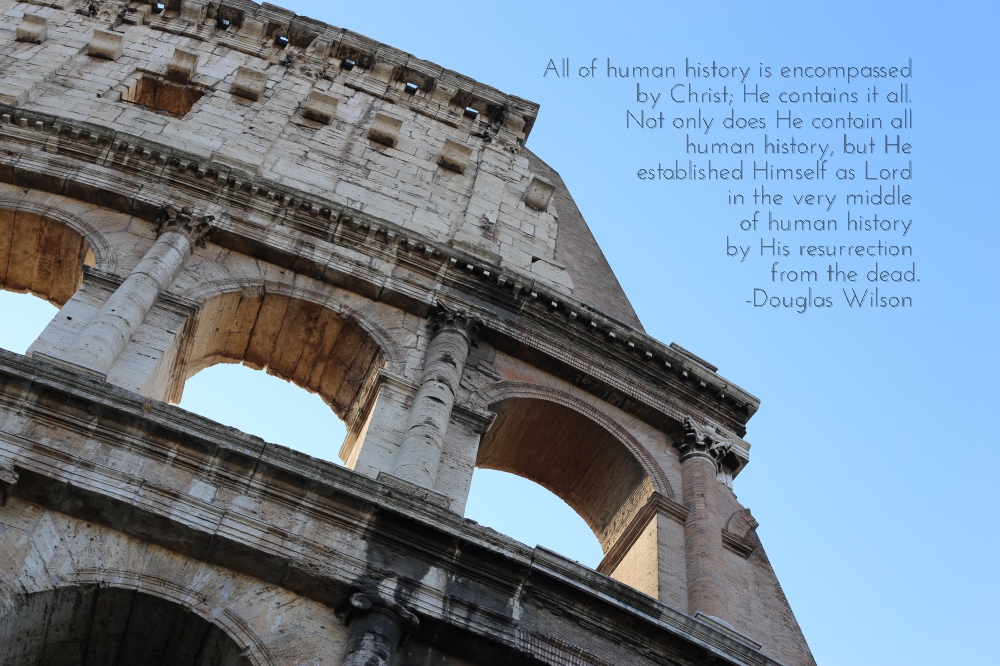Grace and Peace
“At thy right hand there are pleasures for evermore” (Ps. 16:11)
“And unto the angel of the church in Smyrna write; These things saith the first and the last, which was dead, and is alive; I know thy works, and tribulation, and poverty, (but thou art rich) and I know the blasphemy of them which say they are Jews, and are not, but are the synagogue of Satan” (Rev. 2:8–9).
The second message to be delivered is to Smyrna, a city about fifty miles north of Ephesus. Remember that John is on Patmos, an island to the southwest of Ephesus about 63 miles away.
 The Lord Jesus identifies Himself here in two different ways. The first is by saying He is the first and the last, the protos and eschatos, the beginning and the end. All of human history is encompassed by Him; He contains it all. Not only does He contain all human history, but He established Himself as Lord in the very middle of human history by His resurrection from the dead. He identifies Himself as the one “which was dead, and is alive.”
The Lord Jesus identifies Himself here in two different ways. The first is by saying He is the first and the last, the protos and eschatos, the beginning and the end. All of human history is encompassed by Him; He contains it all. Not only does He contain all human history, but He established Himself as Lord in the very middle of human history by His resurrection from the dead. He identifies Himself as the one “which was dead, and is alive.”
Smyrna provides a sharp contrast with Laodicea. Laodicea has a name for being rich but is actually poor. Smyrna goes the other way. The Lord knows their poverty, but adds that they are actually rich. The Lord knows their works, their trials, and how they have camouflaged their spiritual wealthy with poverty.
The saints at Smyrna also had to contend with false Jews who were guilty of blasphemy. The word blasphemy applied in two basic senses. One was railing against God, saying vile things about Him, and the other was slanderous accusation horizontally against people. Given the context here, the blasphemy was likely directed against the church at Smyrna by Jewish persecutors. But John goes on to add that such people claim to be Jews, but are not. They are actually members of the synagogue of Satan, whose name means adversary.